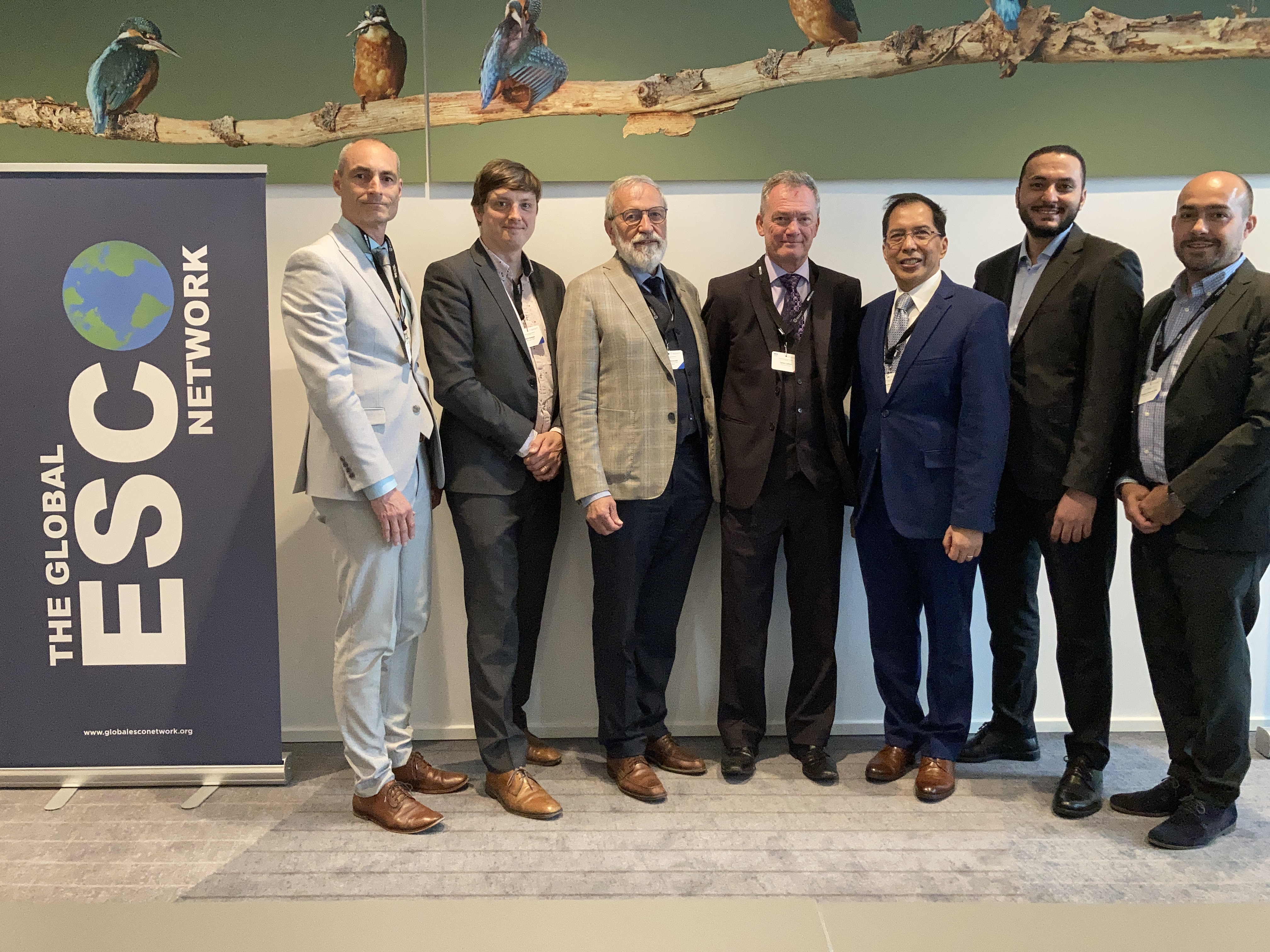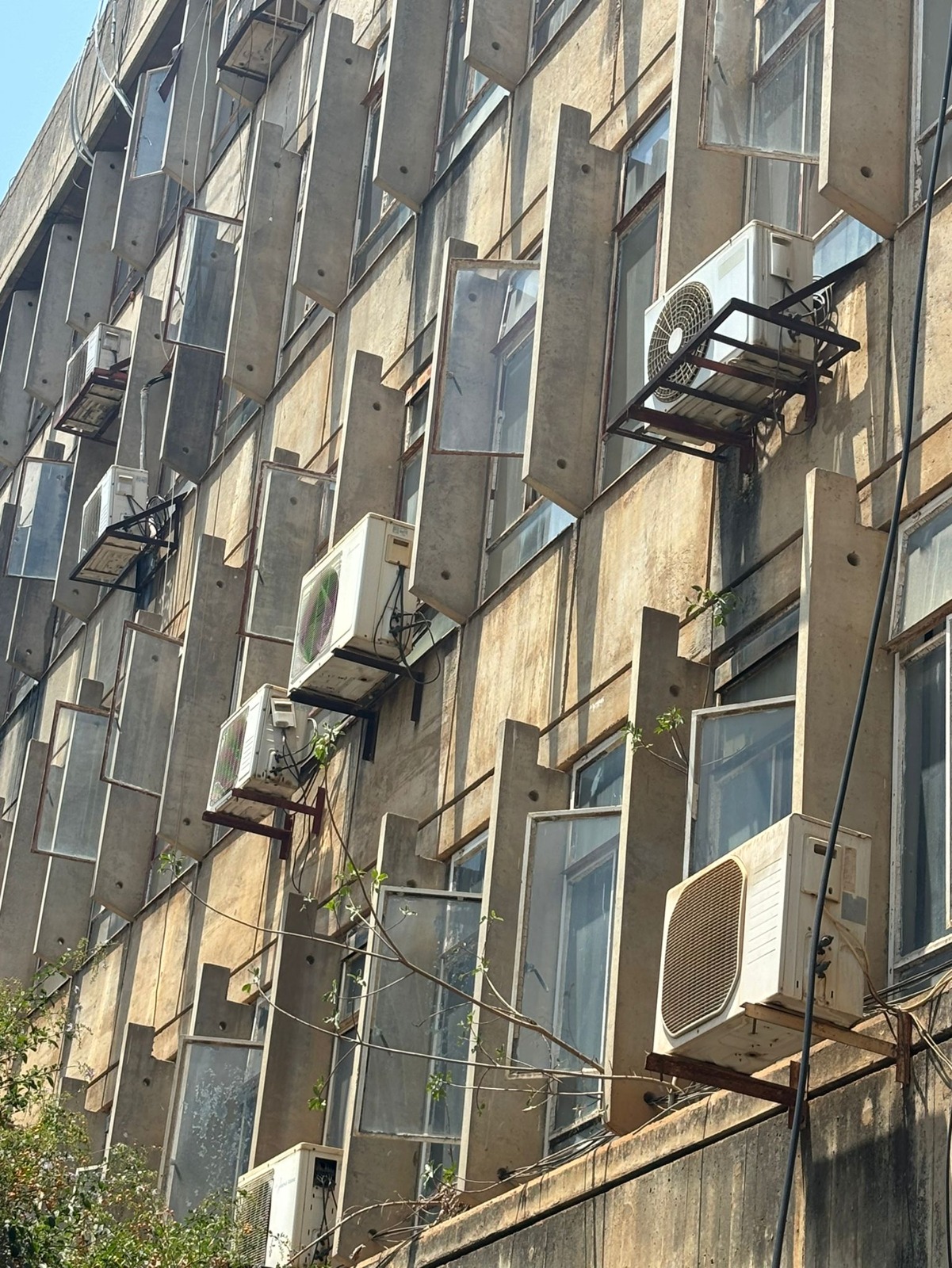As a Small Island Developing State, Mauritius is particularly vulnerable to the impacts of climate change and faces significant energy challenges due to its dependence on imported fossil fuels. Recognizing the urgent need for sustainable solutions, the Mauritian government outlined ambitious energy efficiency targets in its 2021-2022 budget, aiming to reduce energy consumption by 10% by 2030.
In support of these national goals, the UNEP Copenhagen Climate Centre, in collaboration with the Energy Efficiency Management Office (EEMO) of Mauritius, is driving forward the implementation of energy efficiency measures within the country’s building sector. This initiative is part of UNEP Copenhagen Climate Centre’s larger Global Platform for Urban Climate Neutrality (GPUC) project, which aims to promote urban sustainability and climate resilience in developing nations.
Stakeholder Engagement
During a recent mission to Mauritius, the UNEP Copenhagen Climate Centre team met with key stakeholders from various sectors, including government agencies, private companies, and NGOs.
The upcoming legislation of a new building code was highlighted, and past initiatives on energy auditor trainings were discussed. Participants also shared insights on the Cote d’Or smart city project and expressed interest in retrofitting existing systems for higher energy efficiency.
The role and importance of capacity building and the dissemination of information to relevant stakeholders was also highlighted during the meetings.
These discussions provided invaluable insights into ongoing developments, particularly within the Cote d’Or Smart City project, and helped identify the specific needs of stakeholders involved in advancing energy efficiency.
The stakeholder engagement also provided a clearer understanding of the current status of energy usage in Mauritius, as well as the challenges and opportunities in promoting building energy efficiency across the country.
Activities and Next Steps
The UNEP Copenhagen Climate Centre team has outlined several key activities to ensure successful project implementation in Mauritius:
- Pilot Project: The Cote d’Or Smart City has been selected as a pilot to promote energy efficiency in new buildings which are planned to be constructed in the following years.
- Energy Audits: Energy audits will be conducted across 2-3 different building types to establish benchmarks for current energy consumption.
- Energy Conservation Measures (ECMs): The team will identify specific ECMs and develop cost benchmarks for their implementation.
- Recommendations: Strategies for energy-efficient building designs will be developed, incorporating policies, localized energy-efficient technologies, and potential business models.
- Energy Performance Contracting (EPC): The foundation will be set for introducing Energy Performance Contracting in Mauritius, focusing on ensuring technical readiness for this model. Our efforts will be centred exclusively on the technical aspects, conducting in-depth analysis.
- Capacity Building: A key focus of the project will be building local capacity in energy-efficient design, operations, and auditing, through training, decision-making tools, guidelines, and case studies. These will be shared via a virtual knowledge hub.
Towards greater energy efficiency in Mauritius
The activities under the GPUC project are closely aligned with the upcoming Mitigation Action Facility (MAF) project, ensuring a cohesive approach to energy efficiency and climate adaptation. Data collection from existing buildings will lay a crucial foundation for understanding energy demands across different building types and identifying opportunities for efficiency improvements.
Additionally, the UNEP Copenhagen Climate Centre team is reviewing existing energy policies in Mauritius and identifying gaps where intervention is needed. One key finding from this review is the need to legislate the Energy Efficiency Building Code, which had been previously developed but remains unenforced. Legislating this code will be vital in setting mandatory standards for energy efficiency in new and existing buildings, thereby driving broader adoption of energy-saving measures across the country.
Mauritius’ journey toward greater energy efficiency is a critical component of its broader efforts to combat climate change and enhance sustainability. By engaging diverse stakeholders, leveraging smart city projects like Cote d’Or, and focusing on capacity building, the UNEP Copenhagen Climate Centre and EEMO collaboration is poised to deliver impactful and lasting results.
UNEP Copenhagen Climate Centre’s work through GPUC is supported by the Danish Ministry of Foreign Affairs.


